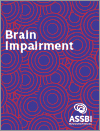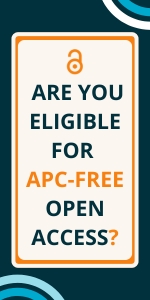Study of mood after stroke often focuses on depression; however, anxiety is also common. Here, we found that of those with ischemic stroke about 13% had anxiety, 3.7–4.5% had depression and 8–10% had both at 1- and 12-months after stroke. Most of those with anxiety at 12-months had neither depression nor anxiety at 1 month.
IB24025 Abstract | IB24025 Full Text | IB24025PDF (1.1 MB) Open Access Article





